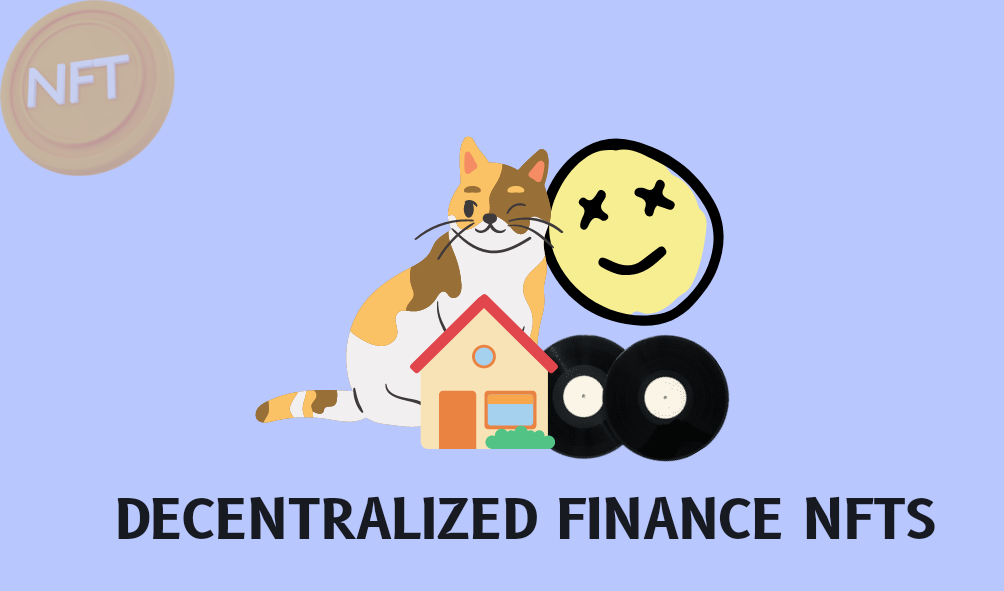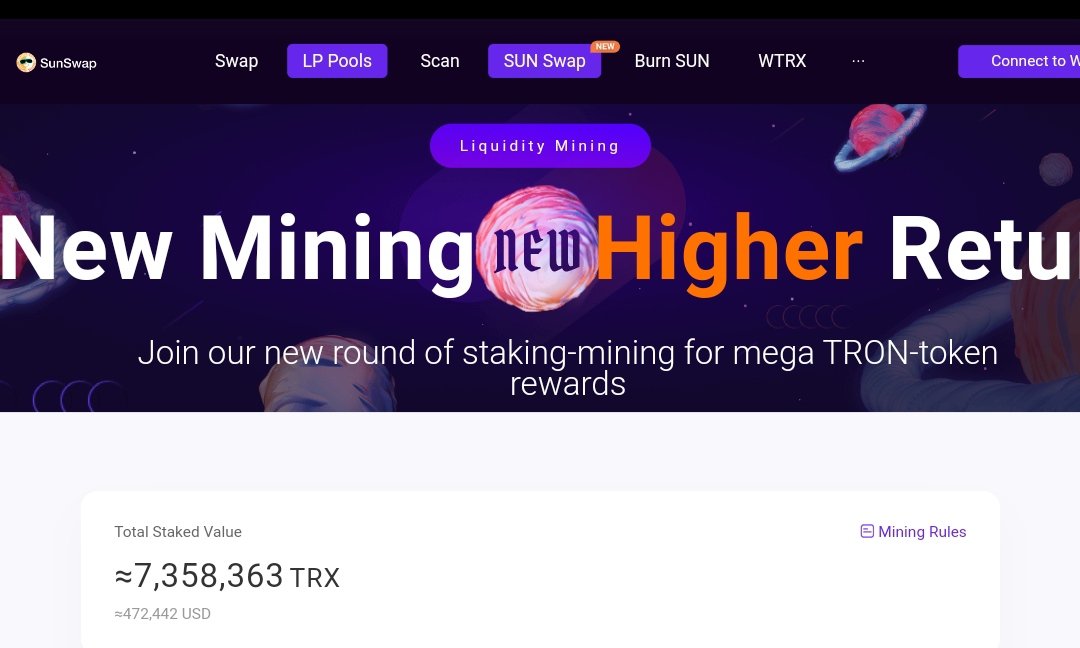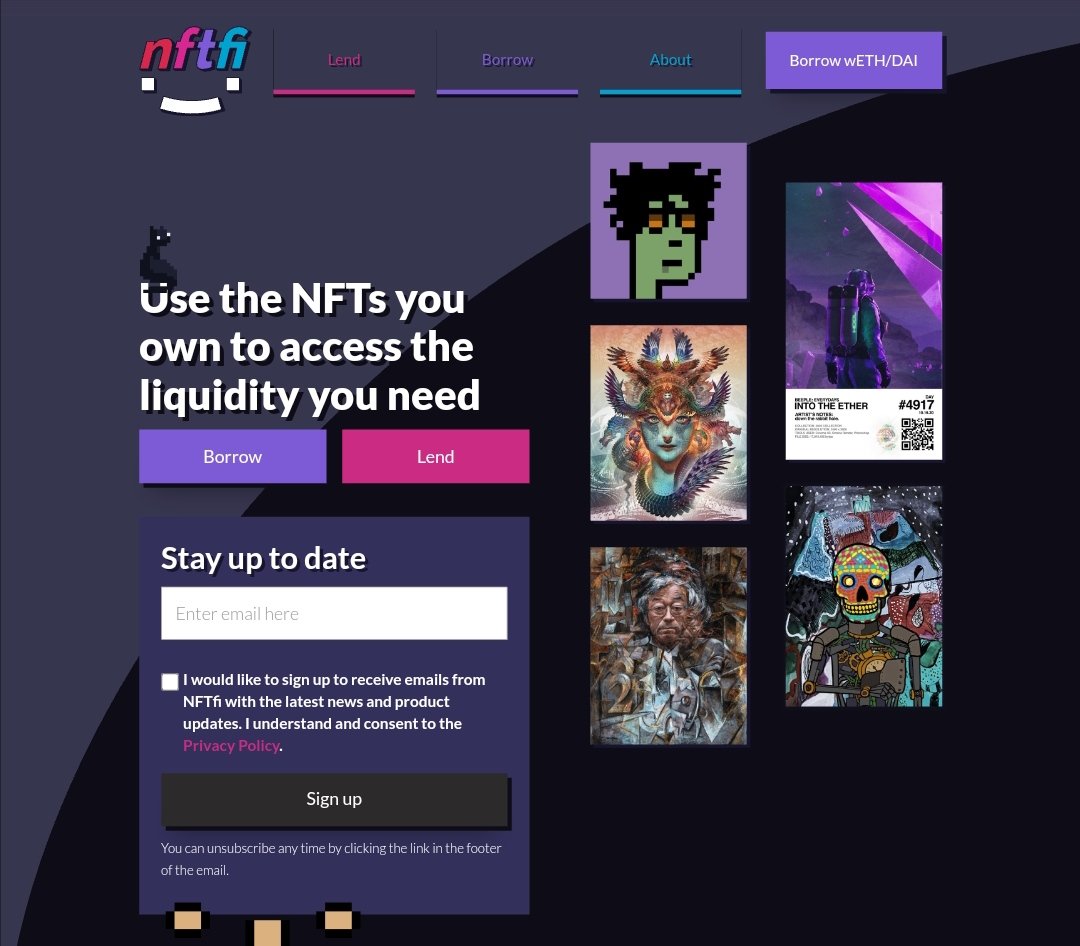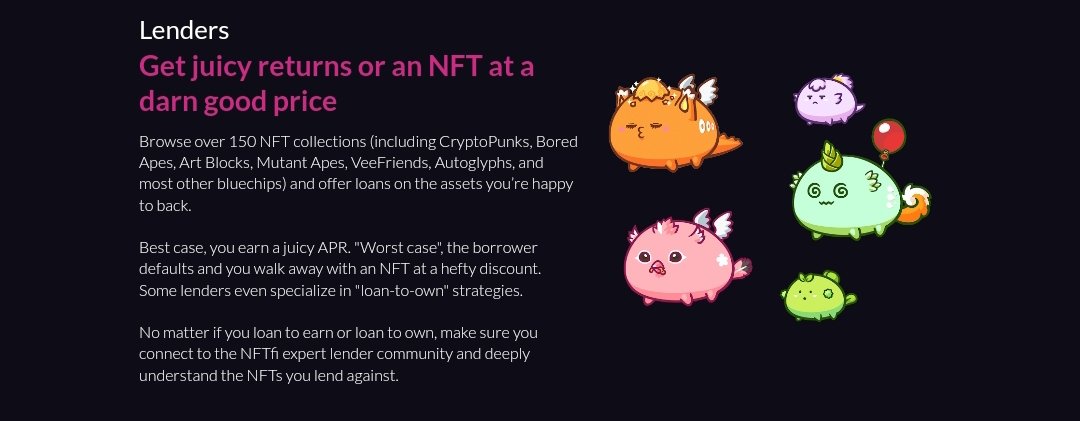This is the fourth edition of my NFTs series in the Tron fan club. The first post went into great detail about NFTs floor pricing, while the second provided a broad overview of NFTs and what makes them unique and non-interchangeable, the third edition on the other hand was detail on NFT music, Take a look at those post if you want to understand more about NFT technology and some NFT concept.

First of all, we must first define DeFi for newbies. Decentralized finance is abbreviated as DeFi. This implies that users can access the exchange or platform without obtaining anyone's consent or completing any sort of know-your-customer verification. Consider Sunswap, a DeFi platform developed by the Tron team. To interact with smart contracts, you simply connect your wallet.

After defining DeFi, let's see how NFTs might be incorporated into the scenario. Try scrolling back up and reading some of the other posts in my NFT series if you're still unclear what an NFT is. The NFTfi marketplace, which is a DeFi NFT marketplace, lets users borrow money against the value of their NFTs. Since it enables us to access the asset's liquid value without selling it, this is a concept that has always attracted me.

As with taking out a loan against your property, such your house, but with NFTs. Therefore, if you happen to be a crypto punk or other person who owns a few blue-chip NFTs, you might borrow money against the assets and use it to buy anything you desire. The platform makes money via fees, and if you don't repay the loan as agreed, the platform or lender keeps the large NFTs. Additionally, it makes it possible to escape paying taxes on dividends from the sale of the high-priced NFTs.
Rather than selling the Crypto Punk NFT you purchased or minted for $300 in ETH for $50,000, you could lock it in the NFTfi platform, take loans in cryptocurrency, and repay it over time without ever having to sell the NFT.
This not only enables the owner of the NFT to access a loan without having to sell their NFTs, but it also enables the loan's lender to accrue interest on the cryptocurrency they are lending out. Therefore, they don't have to worry about losing their money even if they earn a certain percentage of interest on the value of cryptocurrencies loaned out. The lender has quick access to the collateral NFTs and can sell them on the market for more money than they borrowed if the borrower defaults on the loan.

With the exception of their wallet address, no bank is required to be involved, and no one needs to disclose any information.
Want to purchase a house but are only able to afford NFTs because you are a total NFT freak? You are unable to offer a Crypto punk NFT to the house agent in exchange for a house. However, you may also sell the cryptocurrency you borrowed against your NFT to make the purchase or use the crytpo to make purchases if the house agent are willing to accept crypto.
The fact that NFTs can now be used as collateral to get loans is one of their best features. With physical assets, this is doable but considerably more difficult as it will requires bank or third party anf some documentation. The best and the most simplest is trying to acquire a loan off your house is locking NFTs in a smart contract.
Some newly released platforms even let you stake your NFTs on their system to earn cryptocurrency. Users can stake their NFTs on MOBOX, a game on the Binance blockchain (BSC), to earn the platform native token.
